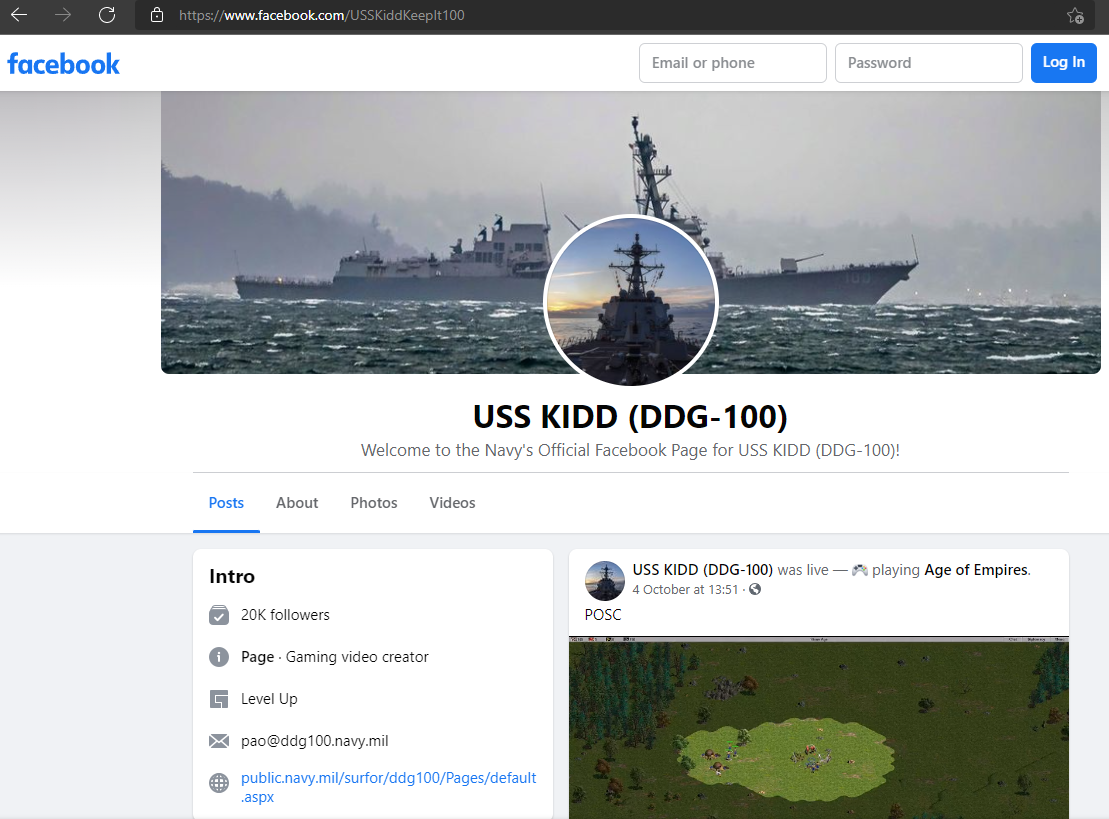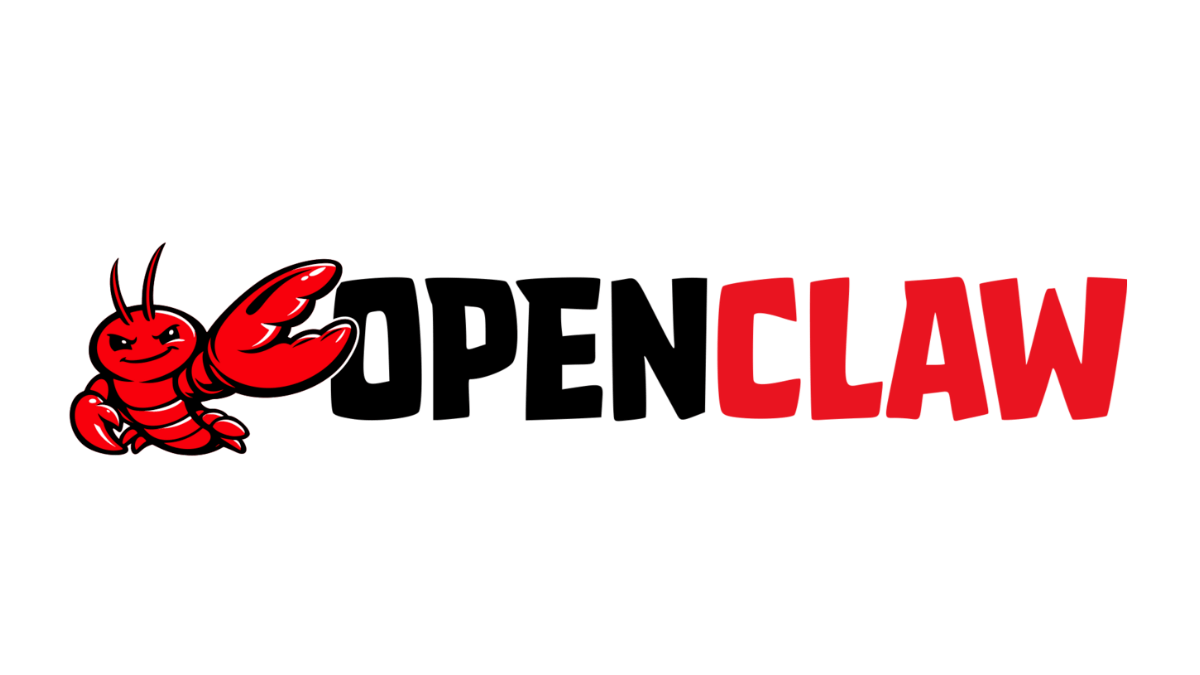The official Facebook page of the US Navy’s destroyer-class warship, USS Kidd, has been hijacked. According to Task & Purpose, who first reported on the incident, the account has done nothing but stream Age of Empires, an award-winning, history-based real-time strategy (RTS) video game wherein players get to grow civilizations by progressing them from one historical time frame to another.

In an interview with Task & Purpose, Cmdr. Nicole Schwegman, a Navy spokesperson, confirmed the hijacking: “The official Facebook page for USS Kidd (DDG 100) was hacked. We are currently working with Facebook technical support to resolve the issue.”
As we write, the US Navy has yet to regain control of the account.
The hijacked account started streaming the video game live on October 4 for four hours. That session was followed by five more streams one after the other, each lasting for up to two hours.

Yes, the poor fellow couldn’t get past the Stone Age.
Official accounts of the US military getting compromised is rare but not unheard of. A year ago, the administrator responsible for the Fort Bragg Twitter account forgot to switch from that account to his own personal Twitter account before posting lewd comments on a model’s page.
How to avoid Facebook hijacking
Whether you’re an organization or an individual who’d like to secure their accounts from such potential hijacking incidents, make sure that you take full advantage of Facebook’s full suite of security and privacy settings. Make sure you understand the settings for how your account is used, secured, and viewed by others. Don’t just accept the default settings.
And let us not forget passwords. Yes—make it a good, strong one. Better yet, let your password manager create and, well, manage all password-related tasks for you.
Two-factor authentication is a relatively simple option to turn on for your Facebook account, and makes it much harder for anyone else to login as you.
And if you manage a business’s social media accounts, please be mindful of the account you’re currently handling before pushing posts to the public. If it helps, use Twitter or Facebook in the browsers for your business and the Twitter or Facebook app for your personal accounts.
A social media disaster? Not today.










